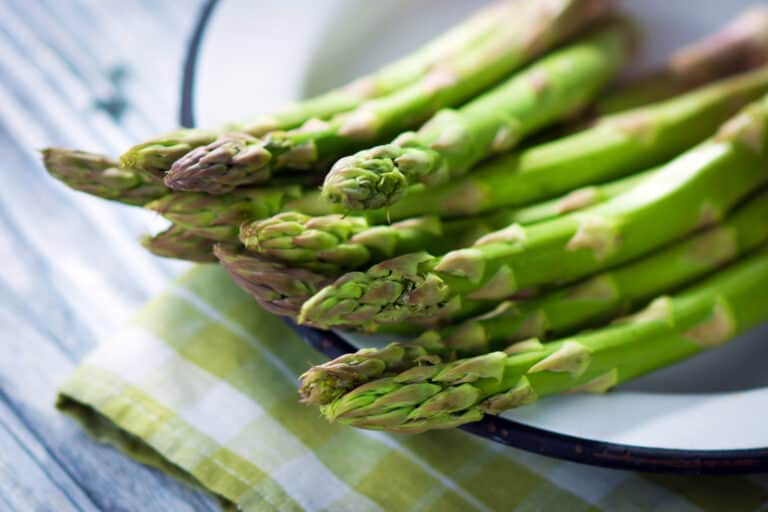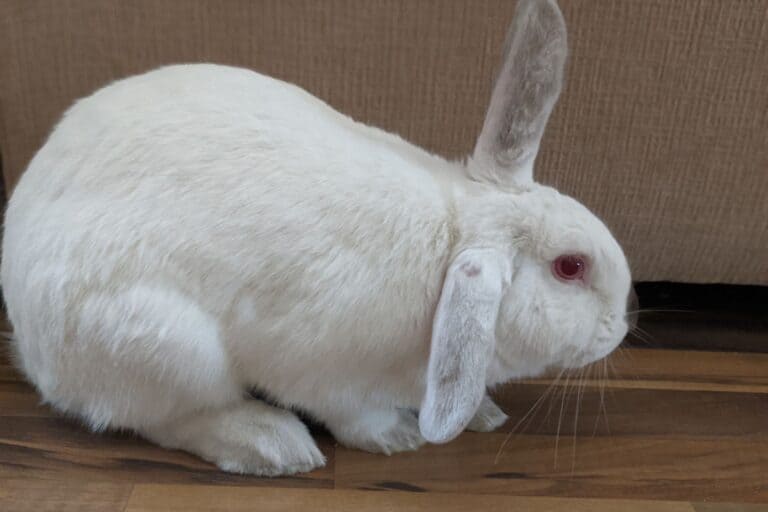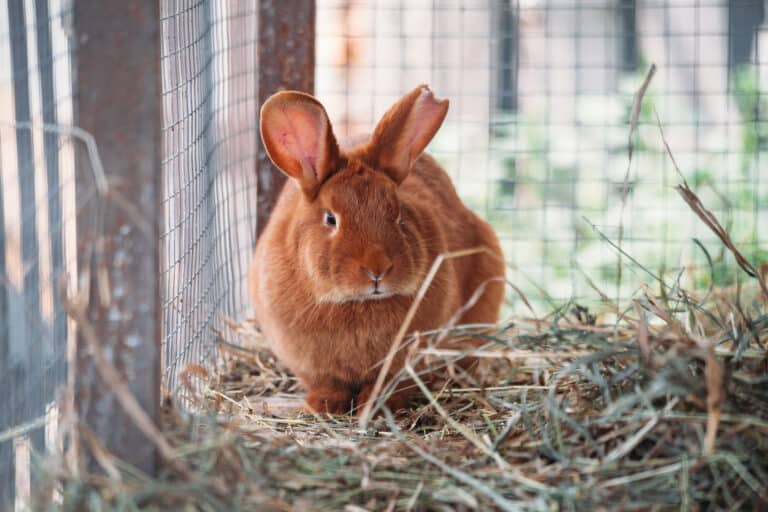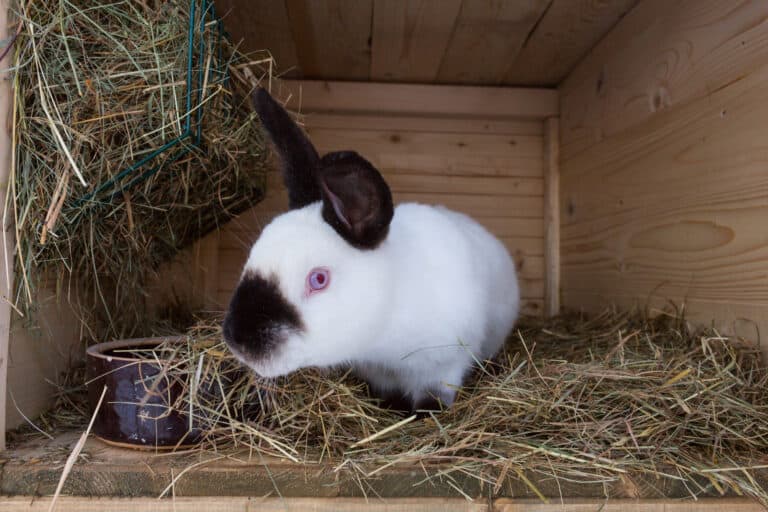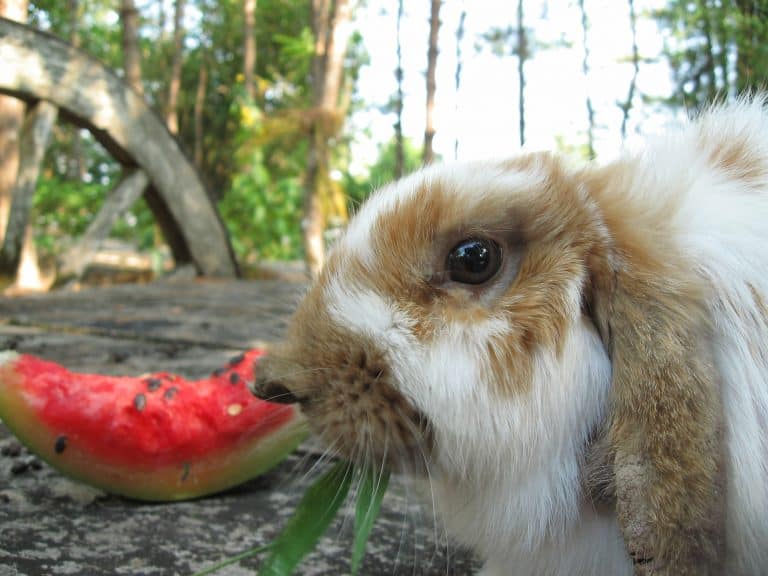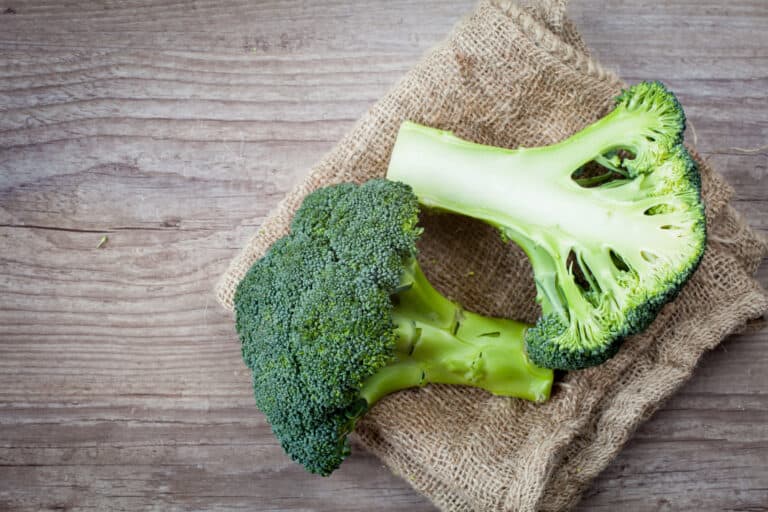Can Rabbits Eat Spinach?
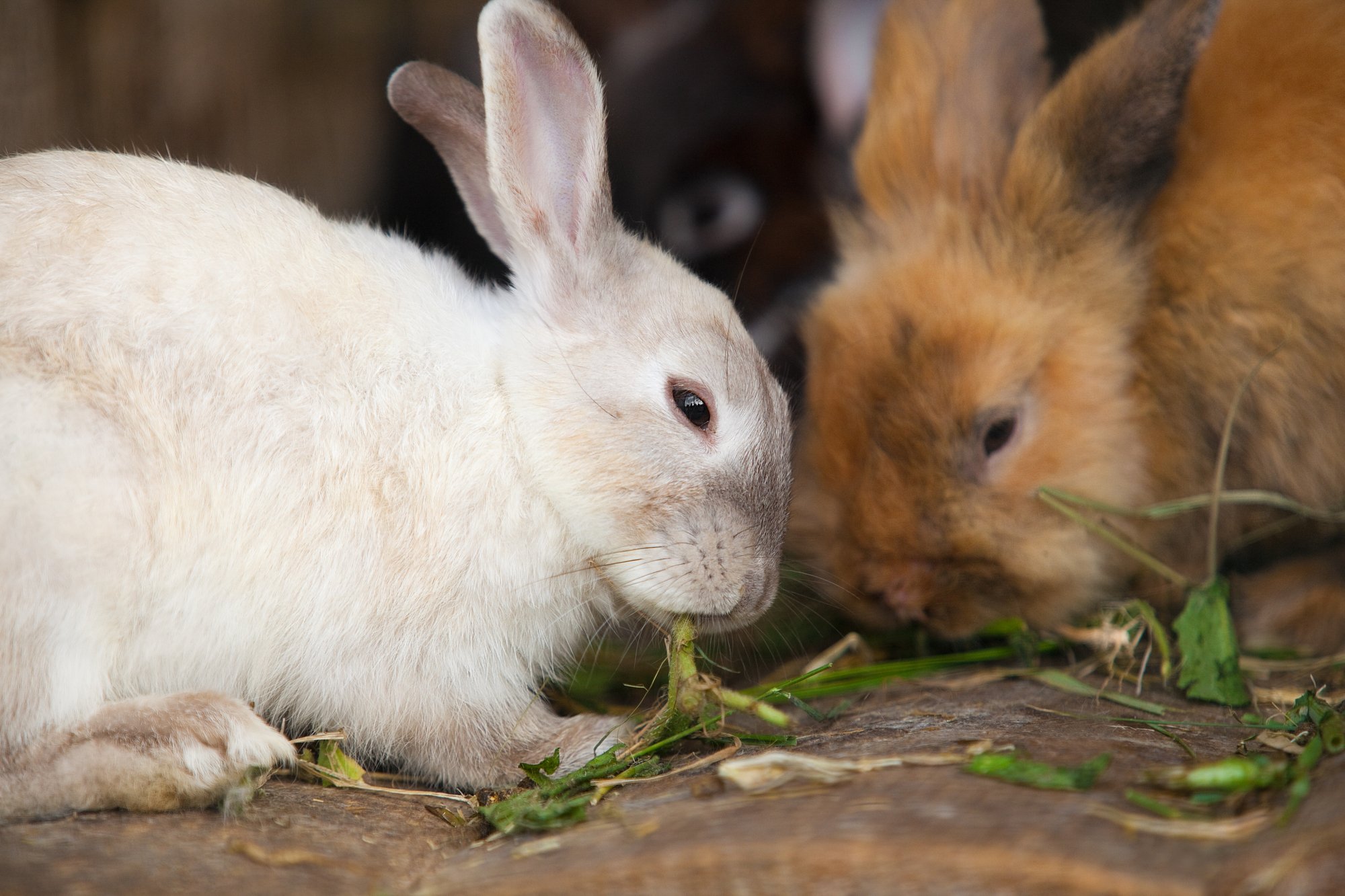
While rabbits mainly eat hay, they love fruits and veggies, too. That’s great because it gives you a selection of fresh produce to give your pet. However, even if buns can and will eat different veggies and fruits, you need to be aware of some that may not be good for them. “Can rabbits eat spinach?” is one of the most commonly asked questions by rabbit owners. Let’s talk about this veggie then and find out if it will make a good addition to your pet’s diet.
All About Spinach
Spinach is a popular leafy green belonging to the Amaranthaceous family. Other food crops in that classification include different kinds of beets, quinoa, and lamb’s quarters. Not only is spinach edible and tasty, but it is also nutritious. Moreover, it is rich in dietary fiber.
Spinach’s nutritional profile features the following vitamins and minerals.
- Vitamin A, including beta-carotene and lutein zeaxanthin
- The B vitamins, such as B-1, B-2, B-3, B6, B-9
- Vitamin E
- Vitamin C
- Vitamin K
- Iron
- Calcium
- Phosphorous
- Magnesium
- Potassium
- Manganese
- Zinc
Do Rabbits Like Spinach?
Rabbits are herbivores. As such, they love all kinds of vegetables, especially the green, leafy ones. Spinach belongs to that type, so you can expect your fur baby to enjoy nibbling on this veggie. But since each rabbit is unique, don’t be surprised if your pet turns his nose up on the spinach you offer.
Can Rabbits Eat Spinach?
The answer is yes, though not an unequivocal one. Some experts argue that it’s safer to leave spinach out of the rotation of veggies you feed your pet. That’s because of the amount of oxalates spinach contains.
Oxalates are naturally-occurring acids found in some plants. These acids can build up in your rabbit’s system and impact his health. However, this only happens if your pet consumes large quantities of oxalate-dense foods. As such, the portion you serve your bun, along with the frequency, will determine if spinach will be beneficial or detrimental to his health.
Effects of Oxalates on Rabbits
Oxalates are not toxic in the way that pesticides or poisonous plants are. The problem occurs when your pet takes in too much of them. Here are some ways that oxalates affect your rabbit.
- If the oxalates bind with the ferrous oxalates, it may prevent the body from producing iron.
- If the oxalates bind with the calcium oxalates, it can lead to the formation of calcium stones and potentially result in kidney stones.
- Eating foods with high oxalic acid and fiber can reduce the body’s ability to absorb essential minerals.
- Excess oxalates in the diet can cause itching in rabbits.
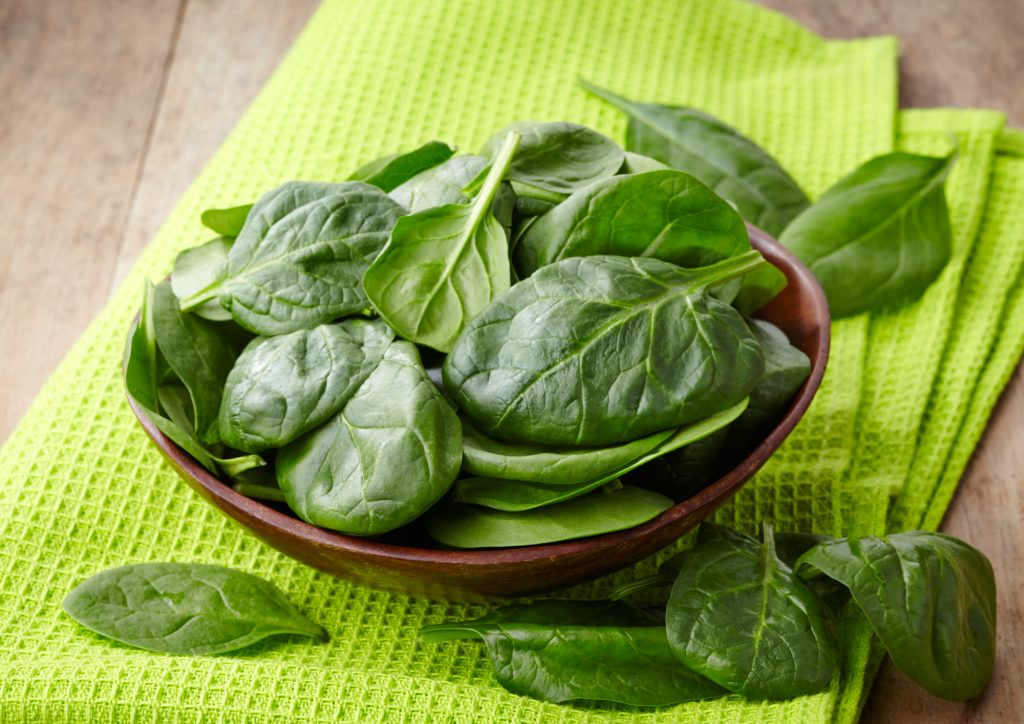
Types of Spinach You Can Give Your Rabbit
Aside from flat-leaf and Savoy spinach, bun parents feed their pet other varieties of the plant, such as mustard spinach, Malabar spinach, and water spinach. However, to be on the safe side, stick to regular spinach, especially if you do not know how the other types were grown or harvested.
How Much Can They Eat?
Let your bun’s weight and size determine his portions of spinach. Smaller rabbits can safely enjoy only a few leaves, while bigger breeds can eat up to a half cup of spinach per feeding. Most rabbits will gobble up the veggie but don’t be tempted to give your pet more. Aside from the adverse effects of excessive oxalates, overconsumption of leafy greens can cause bloating, diarrhea, and other tummy issues.
How Often Can They Eat Spinach?
Spinach and other leafy greens have their place in a rabbit’s diet. Still, keep in mind that hay should form the bulk of your bun’s feedings, with veggies comprising only around 10-15% of his meals. Moreover, because of spinach’s oxalate content, it’s best not to give the veggie every day. Twice a week, with 3 days in between, should be an ideal schedule to offer spinach to your pet.
Spinach is not the only food that contains oxalates. So when making your feeding list for the week, don’t mix spinach with other oxalate-rich veggies. These include the following:
- Swiss chard
- Mustard greens
- Sprouts
- Parsley
- Radish tops
- Kale
- Beet greens and beetroot
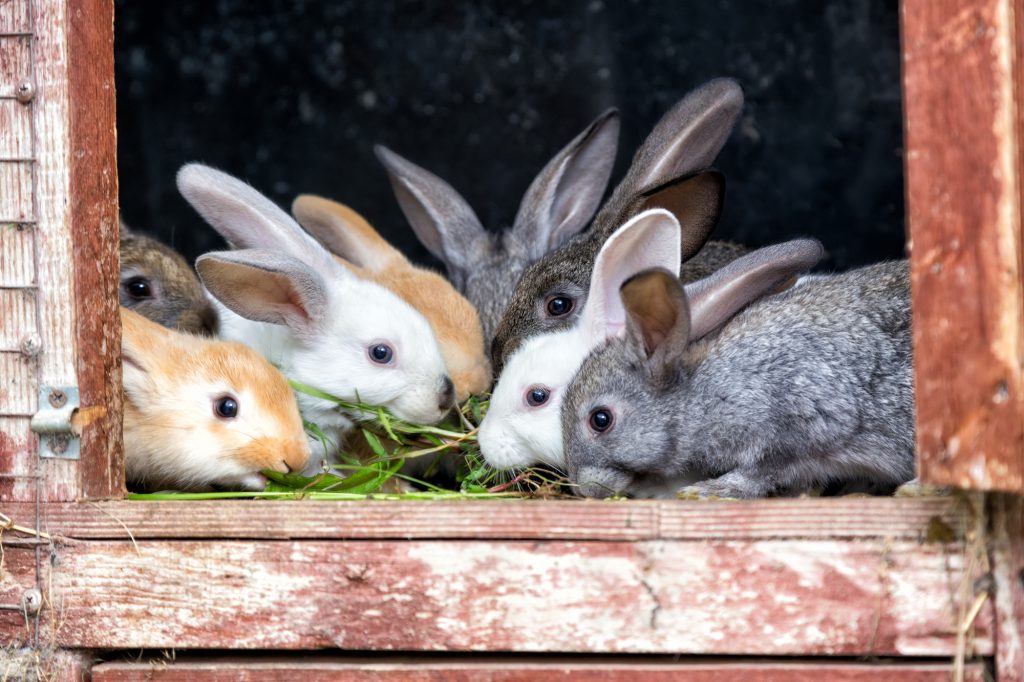
How to Feed It to Your Rabbit
If you plan to give this nutritious veggie to your fur baby, here’s our feeding recommendation.
- Make sure the spinach is fresh. Organically-grown ones are best. Look for crisp leaves and avoid dried, wilted ones.
- Offer only a small amount at the start. If your pet doesn’t react negatively to the veggie, you can increase his servings slowly over the next few weeks.
- Carefully choose the other veggies you give along with the spinach. Make sure that there are no other high-oxalate veggies in the mix.
- Wash the spinach thoroughly under running water to remove chemical residues, such as pesticides and herbicides, before giving it to your pet.
Excellent Alternatives to Spinach
Fortunately, there are plenty of alternatives to spinach you can give your rabbit if you’re worried about the effects of oxalates. These include:
- Carrot tops
- Arugula
- Romaine lettuce
- Bok choy
- Endive
- Kohlrabi
- Broccoli greens
- Dandelion greens
- Watercress
Can They Eat Canned or Cooked Spinach?
Rabbits have difficulty digesting cooked and processed food. That’s why it’s best not to give cooked or canned spinach to your bun.
What About Frozen Spinach?
Freezing lowers the fiber content of spinach and other leafy greens and gives them a starchy texture. As such, we don’t recommend giving your bun frozen spinach even if he’ll likely eat it if offered to him.
Can Baby Rabbits Eat Spinach?
That depends on how young they are. Rabbits who are less than 12 weeks old shouldn’t get any veggies yet as their digestion may still be too sensitive to process the food. At 12 weeks, you can begin introducing veggies to your bun. But it’s better to start him off VERY slowly. Offer tiny portions and only do so on rare occasions.
Can Rabbits Eat The Baby Variety?
Baby spinach is ordinary spinach that has been harvested early. Mature spinach is harvested 40-65 days after planting, while baby spinach is brought in after 15-25 days. The baby spinach may be a bit more tender, but other than that, it doesn’t differ from the mature one. Feed it like you would other leafy veggies.
Spinach contains nutrients that are beneficial to rabbits. However, its oxalate content makes it essential to exercise control over the portions you serve to your pet. Give this leafy green infrequently, and make sure you don’t mix it with other foods containing oxalates.
We hope you enjoyed this post! If you did, will you give it a share or two 🙂 Thank you! ~from Every Bunny Welcome


